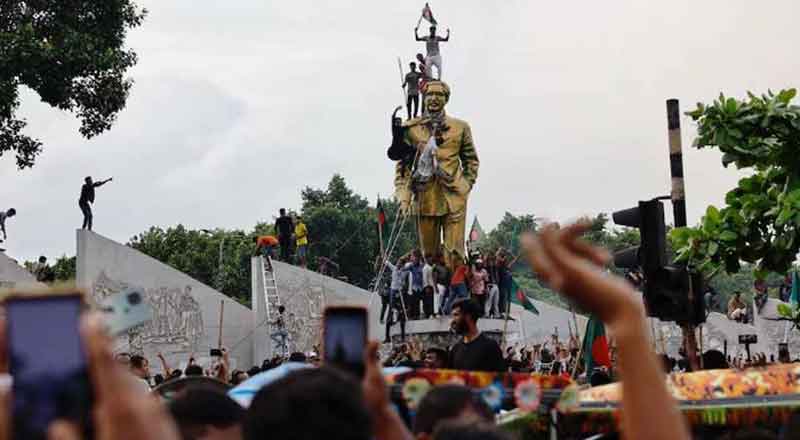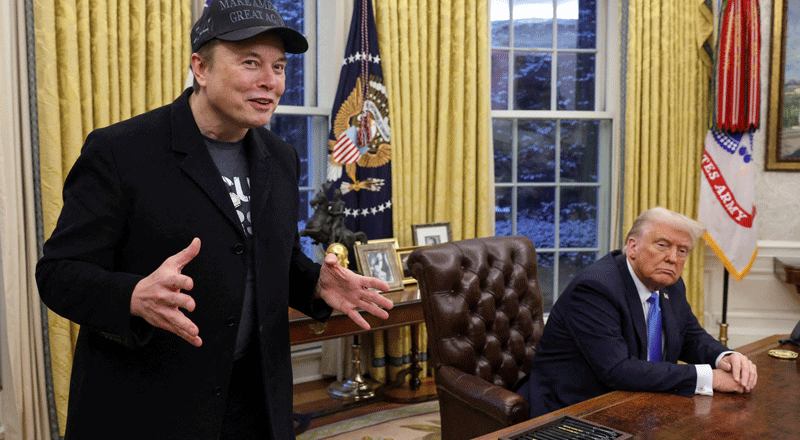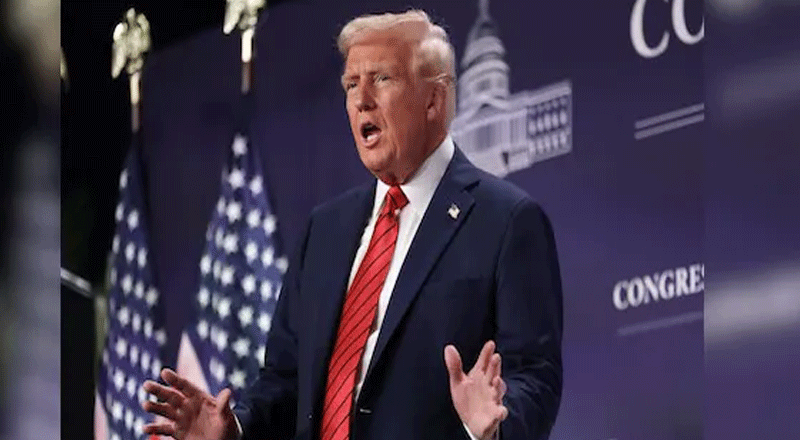A Shift in Power and Historical Narrative
In the aftermath of a significant change in political power in Bangladesh, the interim government led by Mohammed Yunus has initiated a controversial campaign to reshape the nation’s historical narrative. Backed by pro-Pakistan forces and the military, Yunus came to power following the overthrow of Prime Minister Sheikh Hasina in August. His administration has taken deliberate steps to minimize the role of Sheikh Mujibur Rahman, Bangladesh’s founding leader, and diminish the significance of the country’s War of Liberation against Pakistan. One of the latest moves in this direction is the cancellation of national holidays associated with the Liberation War and Mujibur Rahman.
Holidays Linked to Liberation War and Mujibur Rahman Abolished
In an unprecedented move, Yunus’ regime has abolished eight national holidays that commemorate important moments related to the War of Liberation and honor the contributions of Sheikh Mujibur Rahman, also known as “Bangabandhu” and revered as the Father of the Nation. The cancelled holidays include:
March 7: The anniversary of Mujibur Rahman’s historic speech declaring Bangladesh’s independence from Pakistan.
March 17: The birth anniversary of Sheikh Mujibur Rahman.
August 15: The day marking Mujibur Rahman’s assassination in 1975.
November 4: Constitution Day, celebrating the establishment of Bangladesh’s first constitution.
These cancellations are seen as part of a broader attempt to downplay the significance of Bangladesh’s liberation from Pakistan in 1971 and undermine the legacy of Mujibur Rahman, who led the nation to independence.
Awami League’s Strong Rebuttal
The Bangladesh Awami League (BAL), the political party led by the now-exiled Sheikh Hasina and founded by her father, Mujibur Rahman, has fiercely condemned the government’s decision. In a statement, the BAL called this move a “vendetta” against the country’s proud history and warned that erasing the legacy of Mujib would not diminish his role as a national hero.
The party’s statement emphasized, “The establishment of an independent and sovereign Bangladesh remains the biggest achievement of Bengal and Bengalis, and the contributions of the Father of the Nation cannot be erased.” The BAL has accused the new government of attempting to erase the symbols, institutions, and individuals linked to the liberation struggle in a deliberate, vengeful act.
Rewriting History: Yunus Government’s Stance
The new regime, closely aligned with pro-Pakistan Islamist factions, has questioned the centrality of Mujibur Rahman’s role in the country’s independence. Nahid Islam, the interim government’s information and broadcasting minister, described the reverence for Mujib as part of the “fascist ideology” of Hasina’s Awami League. He dismissed the notion of Mujibur Rahman as the sole Father of the Nation, arguing that history should recognize multiple figures.
“We are not erasing March 7 or denying Mujibur Rahman’s significance in history,” Islam said, adding that the Awami League’s approach to commemorating national days had a political agenda. The new regime, he suggested, seeks a more “impartial” rewriting of history. According to the government, only the holidays deemed to have been “imposed in a fascist manner” are being cancelled.
Erasing Mujib’s Legacy: A Larger Agenda?
This move is part of a broader pattern of actions aimed at erasing Mujibur Rahman from public consciousness. Following Hasina’s ouster, symbols of Mujib’s legacy have been targeted. Mobs vandalized his family house-turned-museum in Dhaka and defaced his statues, going as far as to urinate on them. These actions have sparked outrage among those who see Mujibur Rahman as the architect of Bangladesh’s freedom and democracy.
A Contentious Future for Bangladesh’s Historical Memory
The Yunus government’s cancellation of national holidays tied to the Liberation War and Mujibur Rahman represents a significant shift in Bangladesh’s political and cultural landscape. As the interim regime continues its efforts to rewrite the country’s history, Bangladesh finds itself at a crossroads. The decision has drawn criticism from both within the country and abroad, raising concerns about the future of its historical narrative and the preservation of its national identity.
(With inputs from agencies)





